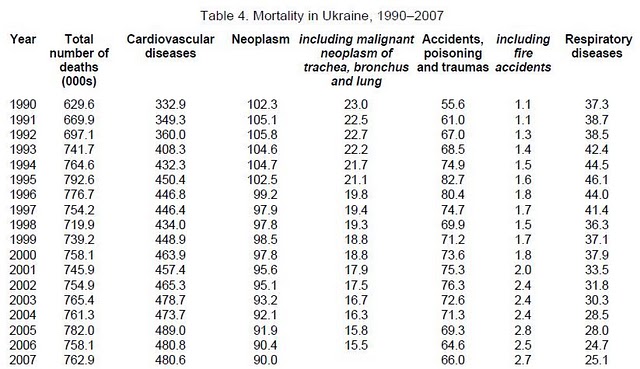Divorce in haste, repent at leisure
Twenty years today the USSR held a referendum on whether to support the proposed New Union Treaty. The new setup would have given much more power to the republics; the word used to describe it then was “confederation”.
This infographic displays data on how people voted during this referendum (click for full size)
(This graphic could be misleading, as it takes numbers not from the whole population of potential voters but from those who actually did vote; in several areas not voting was voting “no”). The three Baltic SSRs, the Moldavian, Georgian and Armenian SSRs did not hold votes, on the grounds that they had not legally been incorporated into the USSR in the first place. But the Abkhaz ASSR voted by a small margin to stay in. The Chechen-Ingush ASSR voted to get out as did the Nakhichevan ASSR
Three quotations are instructive: “The recent dramatic events [ie the coup attempt] showed that our republic is absolutely unprotected… ” (Kravchuk 1991); “if Ukraine really will not be in the Union, I cannot imagine such a Union” (Yeltsin 1991); “I believed that Ukraine is so rich that it provided for the entire [Soviet] Union” (Kuchma 1993).
Divorce in haste, repent at leisure: a recent poll from Ukraine says half the population now regrets the breakup. (See article More than half of Ukrainians regret Soviet breakup [Ria Novosti])
(Via Business Special Report [BSR] Russia)

